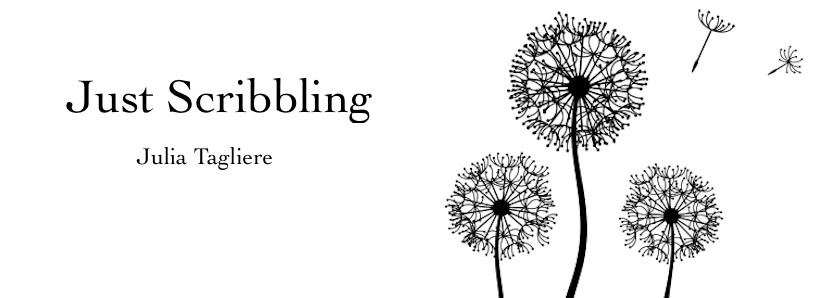Last month, I attended a meeting of a group of women writers I joined last fall. Our moderator (who also happens to be C., my editor) often brings interesting bits of industry news and great pieces of advice to our monthly meetings, and last month was no different. She had stumbled upon a web site devoted to book titles and suggested we visit it, for inspiration or a laugh, or, in my case, for cautionary examples.
As I was hell-bent on finishing the editing of my manuscript this month, I didn’t visit the site immediately, spending time instead with my new BFF Search and Replace (see last post). Well, the process went quickly, more quickly than I expected, and C. and I got to the point where we were ready to start talking about titles.
I’ve been working on this same manuscript for close to five years now, and it’s always had the same working title, but just because I kept it this long, doesn’t mean I was satisfied with it. So I asked C. for some input, which she graciously provided; I also toyed around with some new titles of my own. Ultimately, between the two of us, we came up with more than two dozen possible titles for my book. Egad! How am I supposed to make a rational decision with a list that long? I can’t even decide which pair of shoes to put on in the morning, some days!
So C. invited me to open my list up to our group for feedback. That was a tough thing for me to do—I’m still new to this supportive group feedback concept. I’m more familiar with the paradigm of submitting to professors, agents, and publishers and receiving in reply either the stony silence of utter rejection or a scathing retort indicating I should not quit my day job.
Imagine my surprise, then, when the group came up with not only a number of excellent title suggestions, but even went a step further to provide insightful, concise, and helpful feedback on the book pitch I’d shared with them as well. Each new message was a wonder.
Now, for those of you who have been following me from the beginning, you may recall my agreeing in earlier posts with writer Philip Roth, that writing should not be done by committee, but in this case, I feel I have really been missing something, and I am here to ‘fess up to it: Feedback is good. Feedback is not only good, it’s critical.
To be absolutely clear, I’m not referring here to the type of feedback you get from your best friend or your mother or the local librarian you bribed with a cup of coffee before sliding her your manuscript. I’m talking about skilled feedback from readers with critical eyes yet supportive touch; readers who can tell it like it is without breaking your heart in the process. Readers like my other new BFFs in my writers’ group.
So—the title. Have I decided yet? Nope. In the end, with all the feedback I received, I wound up with a handful of frontrunners and an additional 7 title suggestions. I have studied the list, narrowed it down to my top 3, and when I meet with my group this week, I plan on asking them for a straight vote. I’m hoping it will be less contentious than the GOP primary, but you never can tell—writers have strong opinions about everything.
I’m still shocked, however, that of all the things I’ve spent so much of the last few years writing, rewriting, and editing, it is the title that is causing me the most trouble.
In an effort to educate myself a bit more about good titles, I did go to the site our group leader recommended, and I’m glad I did, because there were some real doozies in there. Cooking with Pooh is my favorite from the list, an illustration of another important concept in writing, that of reading your work aloud to hear how it sounds.
All this focus on choosing the perfect title for my book brings to mind Shakespeare’s immortal lines, “What’s in a name? A rose by any other name would smell as sweet.” He’s right, it would, but I guarantee, if the rose were called “Pooh,” a lot of people out there would never give it a sniff to verify if that’s really true.
Yep. No doubt about it, titles are important, and I hope to have one locked in soon.
